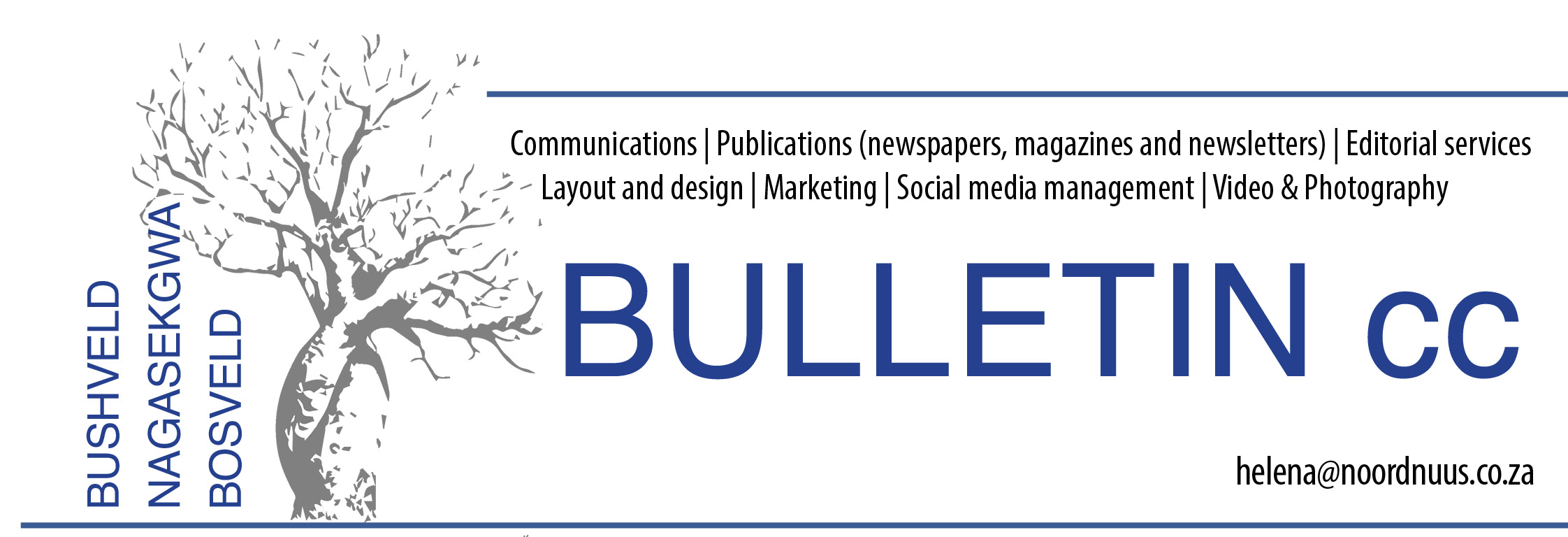Red tape protects you when applying for a personal loan
Most people need a little financial help from time to time, whether it is to meet a school or university’s registration deadline, repair a car or even do some urgent home renovation.
Whatever the reason, applying for a personal loan should be reasonably quick and straightforward if you know and understand the process.
South Africa has strict lending laws in the form of the National Credit Act. The law aims to provide clarity throughout the lending process, protect both lenders and consumers, and ensure you are informed about and understand your rights.
The Act puts most of the responsibility on the credit provider to carefully check that the person who is applying can afford the loan. This means following a series of steps including confirming your credit score, income, other debt you may have, how much you owe compared to what you earn and any other expenses.
Your credit score is calculated by credit bureaus. It is based on your history of repaying debt. Credit providers can access your credit score, as can you, from one of the four credit bureaus: Experian, TransUnion, CompuScan or XDS. Scores range between 330 and 850 and the higher the score the better your chances of getting the loan you want at a good interest rate.
The basic information you will need to provide when applying for a loan is:
- Proof of identity in the form of a clear copy of your South African identity document;
- Proof of residence such as a recent Eskom or rates bill or similar document confirming your residential address. The document shouldn’t be more than two months old. If you are renting and have a PO Box rather than a street address you will need to provide some other form of confirmation such as an affidavit from your landlord.
- Proof of income. If you’re employed this is fairly straightforward as you can provide copies of recent payslips. If you are self-employed, however, you will need copies of bank statements for the last three months.
Bear in mind that this is the minimum needed. In some cases you may be asked for additional information. For example, people married in community of property might need a spouse’s permission.
“It is important to remember that the reason this documentation is required is to protect you from borrowing more than you can repay. While the law requires credit providers to collect and check all this information, you also have a responsibility to ensure it is accurate and that you answer questions about your expenses and other debt honestly,” says Marlies Kappers, head of marketing at financial services company, DirectAxis.
For more information and a short video on the National Credit Amendment Act visit: https://www.directaxis.co.za/topics-tips-tools/national-credit-act












0 Comments